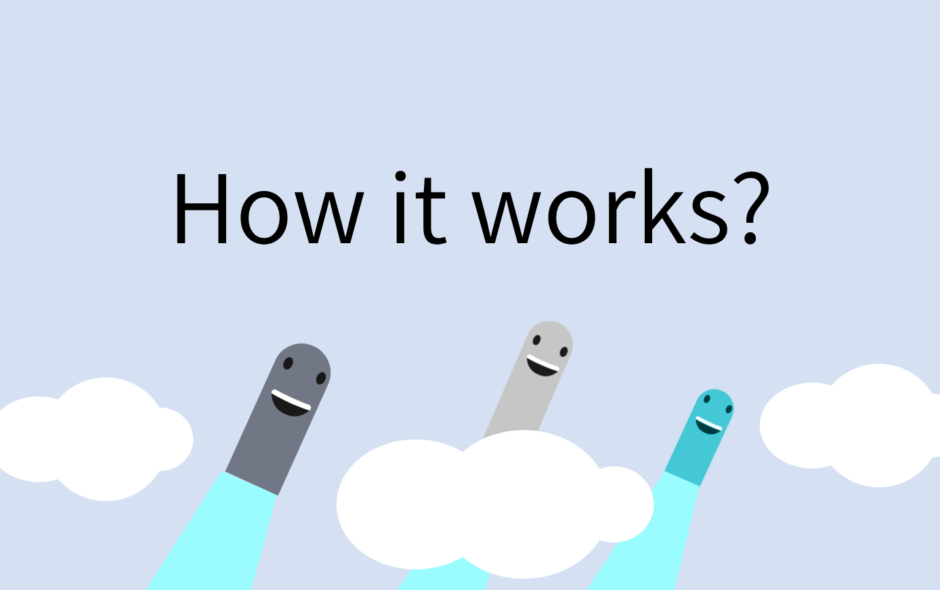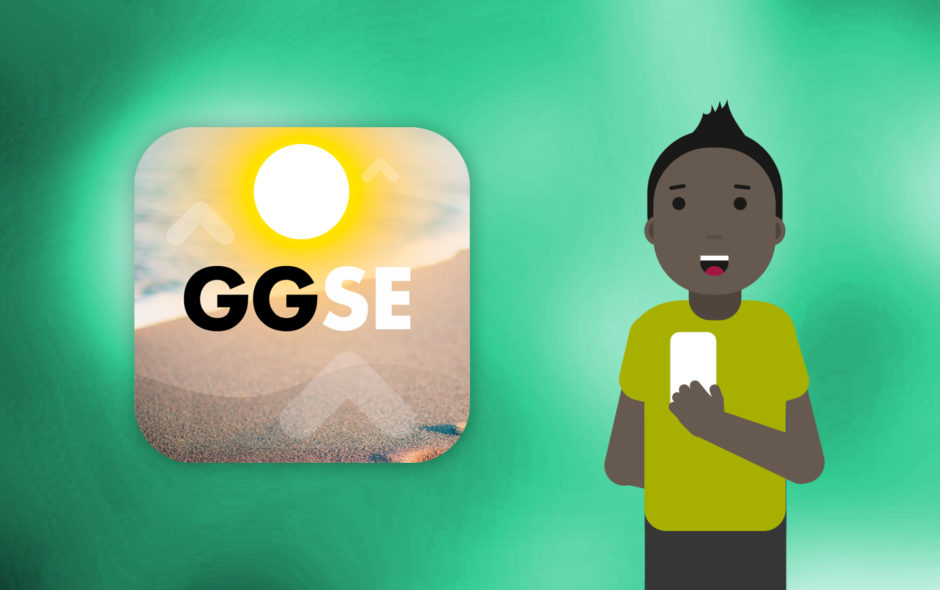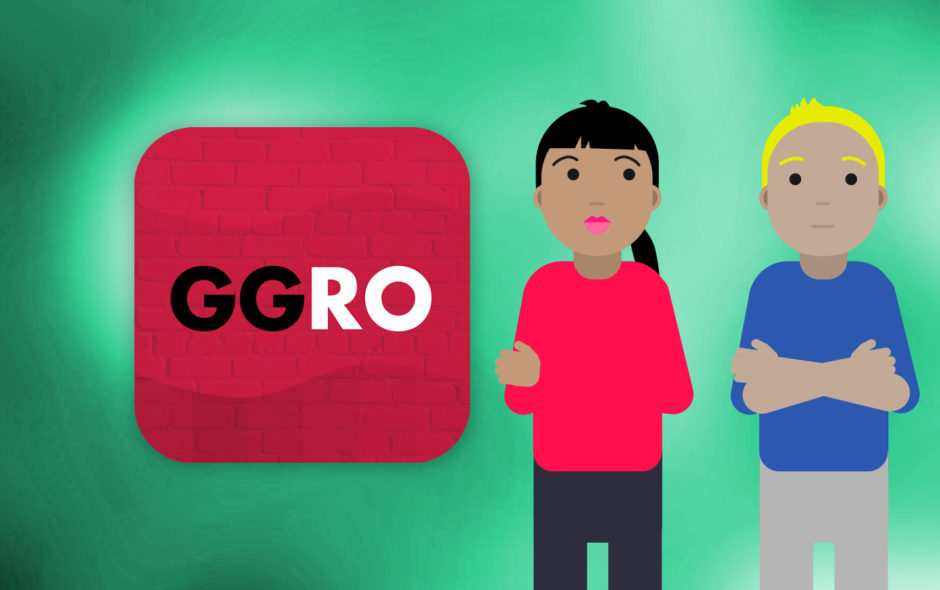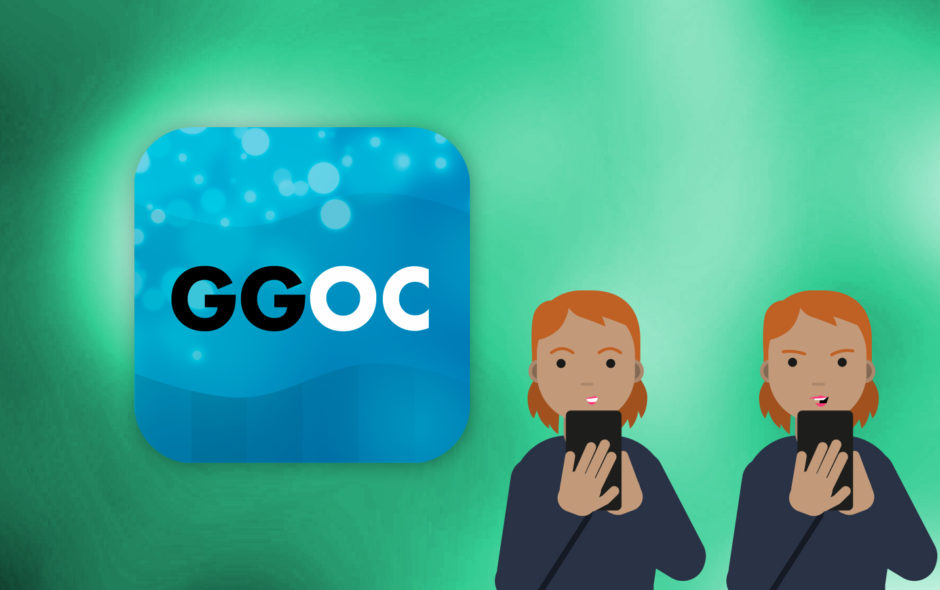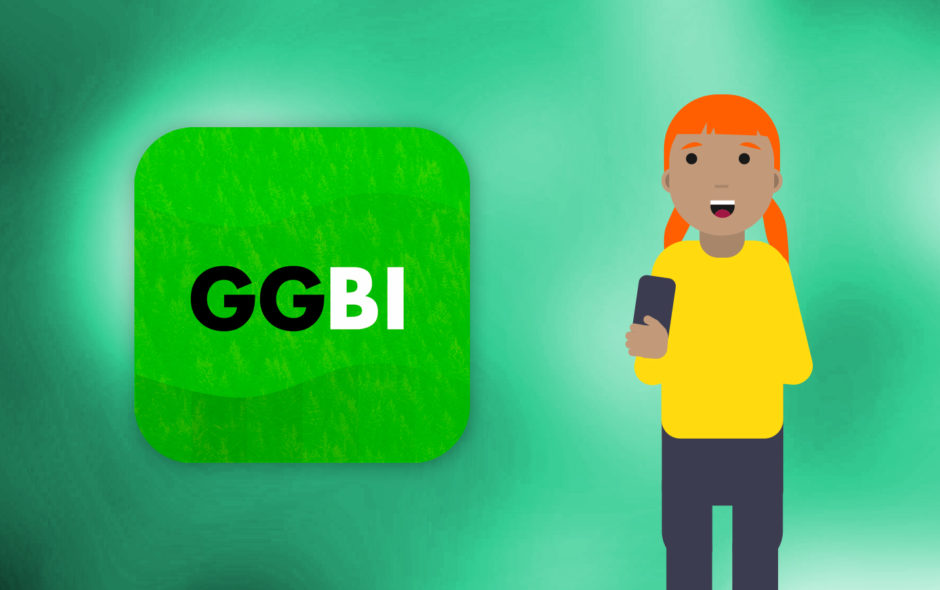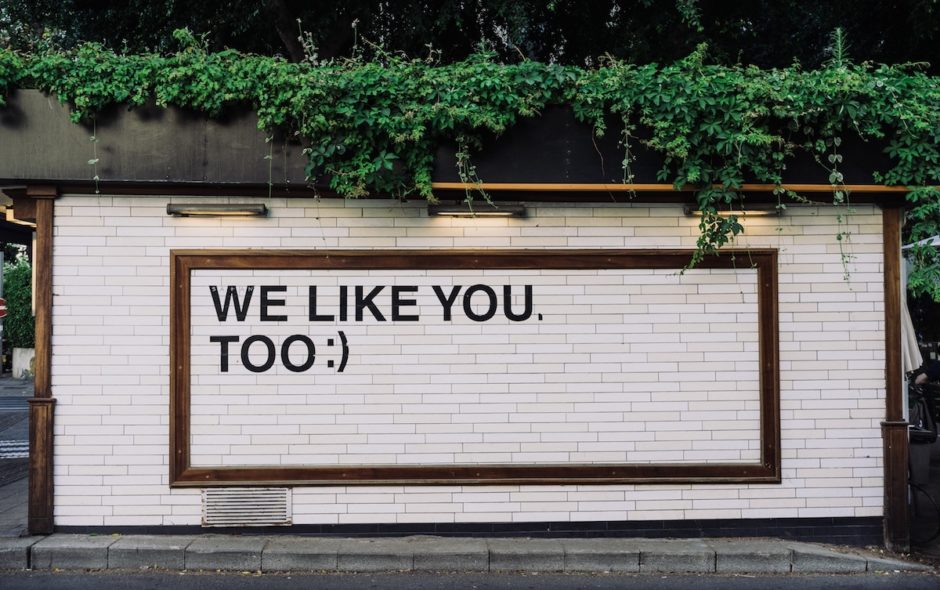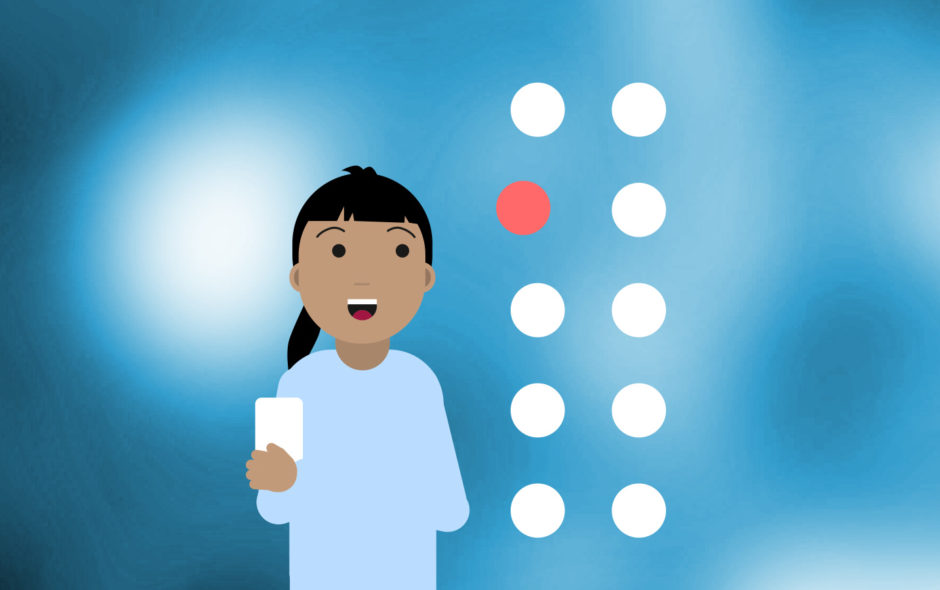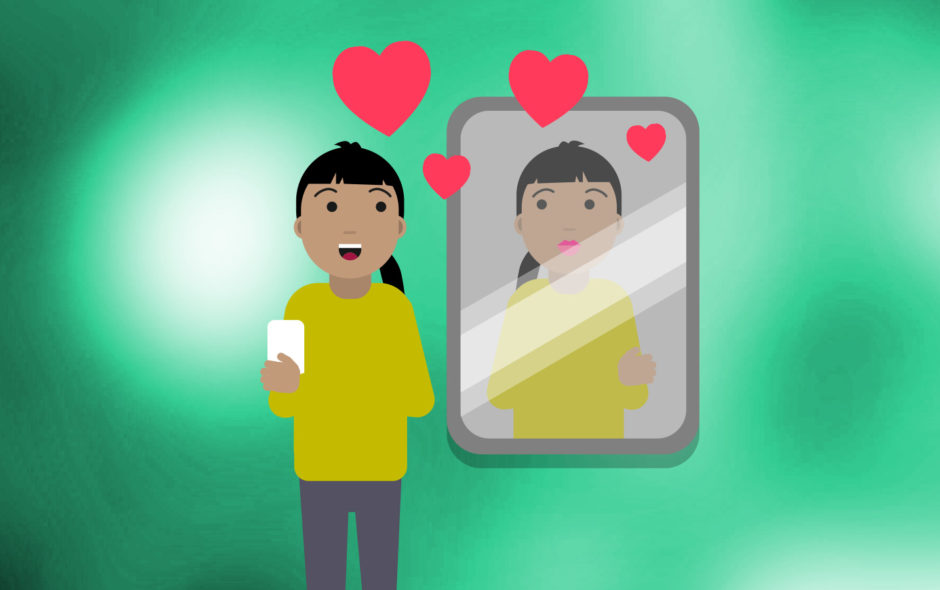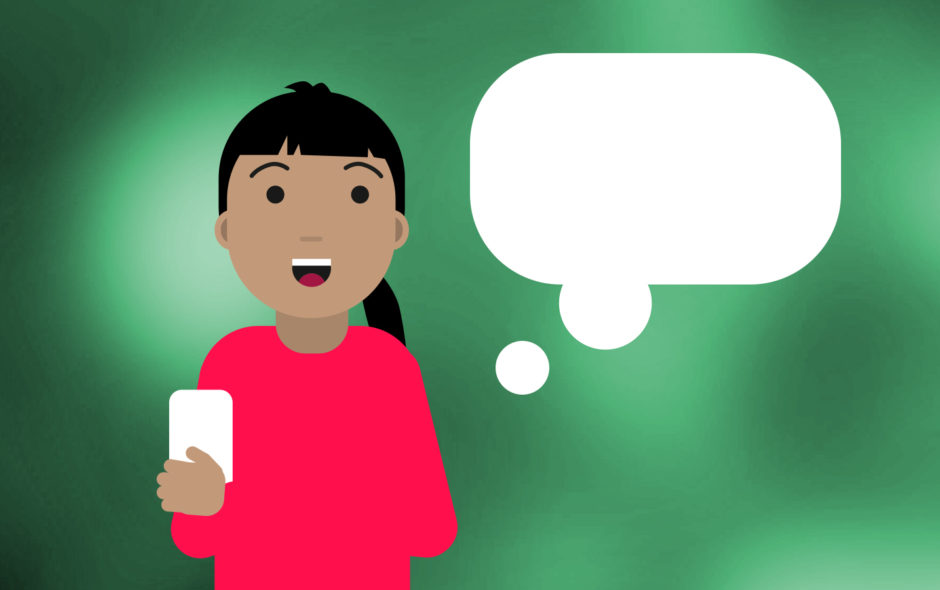GGRO is the first app to target people who suffer from relationship obsession (ROCD). It was designed by Prof. Guy Doron of IDC, a researcher and evangelist in the field of OCD and ROCD.
Download links
[su_button url=”https://itunes.apple.com/app/gg-ro-relationship-doubt-obsession/id1092964945?ls=1&mt=8″ size=”5″ background=”#e20829″]GGRO iPhone[/su_button]
[su_button url=”https://play.google.com/store/apps/details?id=air.com.samuramu.gg.ocd” size=”5″ background=”#e20829″]GGRO Android[/su_button]
Can I benefit from the app if I have ROCD?
People who suffer from relationship obsession (ROCD) and would like to improve their condition by training daily, will benefit from using the app as a therapy assisting tool. Furthermore, it can provide users with more information about their condition, as well as better understanding of how other people who suffer from similar doubts think and feel. Daily training can benefit by enhancing people’s ability to identify and respond to self-talk.
And if I don’t have ROCD?
The app also helps People who are in relationships, want to be in a relationship, and would like to improve their understanding of relationship related fears, doubts and obsession. Use the app to better understand the various types of relationship related self-talk we all experience daily. So, by discovery and training, we can all get better at how we analyse and respond to conflicts, situations and thoughts.
How the app helps with ROCD
GGRO: Relationship doubt and obsession was the first in a series of apps we’re launching on an exciting platform called GG Apps. Since it’s introduction, we’ve added a few more, but the app retains the honour to be our platform’s cornerstone.
GG Apps target one of the cores behind relationship obsession: beliefs. The app presents users with statements representing self-talk. The users need to identify the negative, maladaptive thoughts and throw them away. When faced with an adaptive, or flexible statement, users are required to pull it towards themselves suing touch interface.
Challenging beliefs is one of the hardest things to do, even for therapists. With GG Apps, we’re utilising the power of mobile technology to help people self-learn and train. Even if you forget to use the app for a few days, the app reminds you by sending a notification, so you never lose touch.
To deal with the vast amount of content covered in the app, we divided into topics (or themes). As a result, each topic is made of 3 levels: introducing a new concept, training and reviewing the topic. We recommend users to play up to 3 levels every day, and progress gradually.
Training using the app is designed to challenge, change and make maladaptive beliefs more flexible. While training for only about three minutes a day, users learn to identify their internal talk and respond accordingly.
What if I forget to train?
Research shows that the app can improve users’ beliefs and reduce symptoms within 14 days. However, it’s even better to keep training and maintaining the acquired knowledge and ability to respond.
The app will send a daily notification, reminding you to do a quick session.
Science backed
Importantly, GGRO is backed by research. To find out more, and read about the latest papers, follow this link.
App features
– 15 free levels to learn, understand and improve, so you can learn the basics without any commitments.
– 1 free daily training level, so even when you’re done with the free levels you can still use the app as long as you like.
– In addition, 30 advanced levels (45 in total) including topics such as doubt, uncertainty, regret and other relationship related statements.
Need support for GGSE? get it here.
